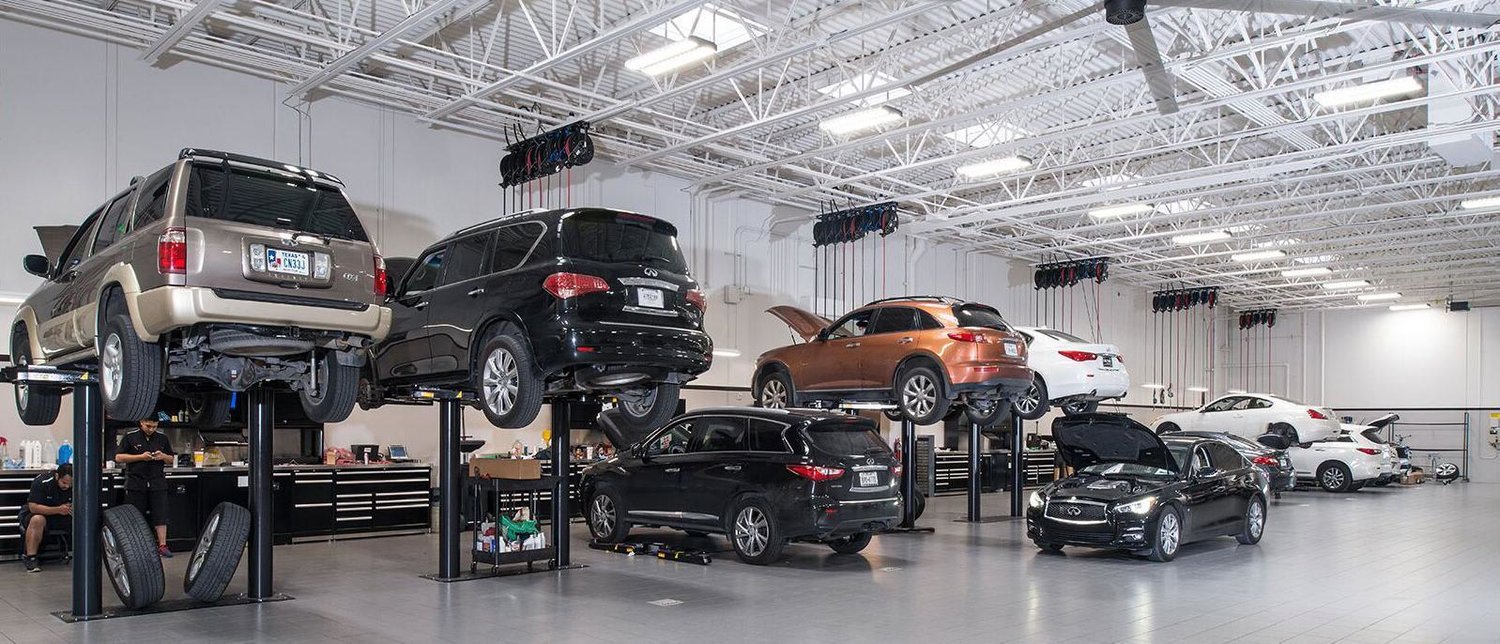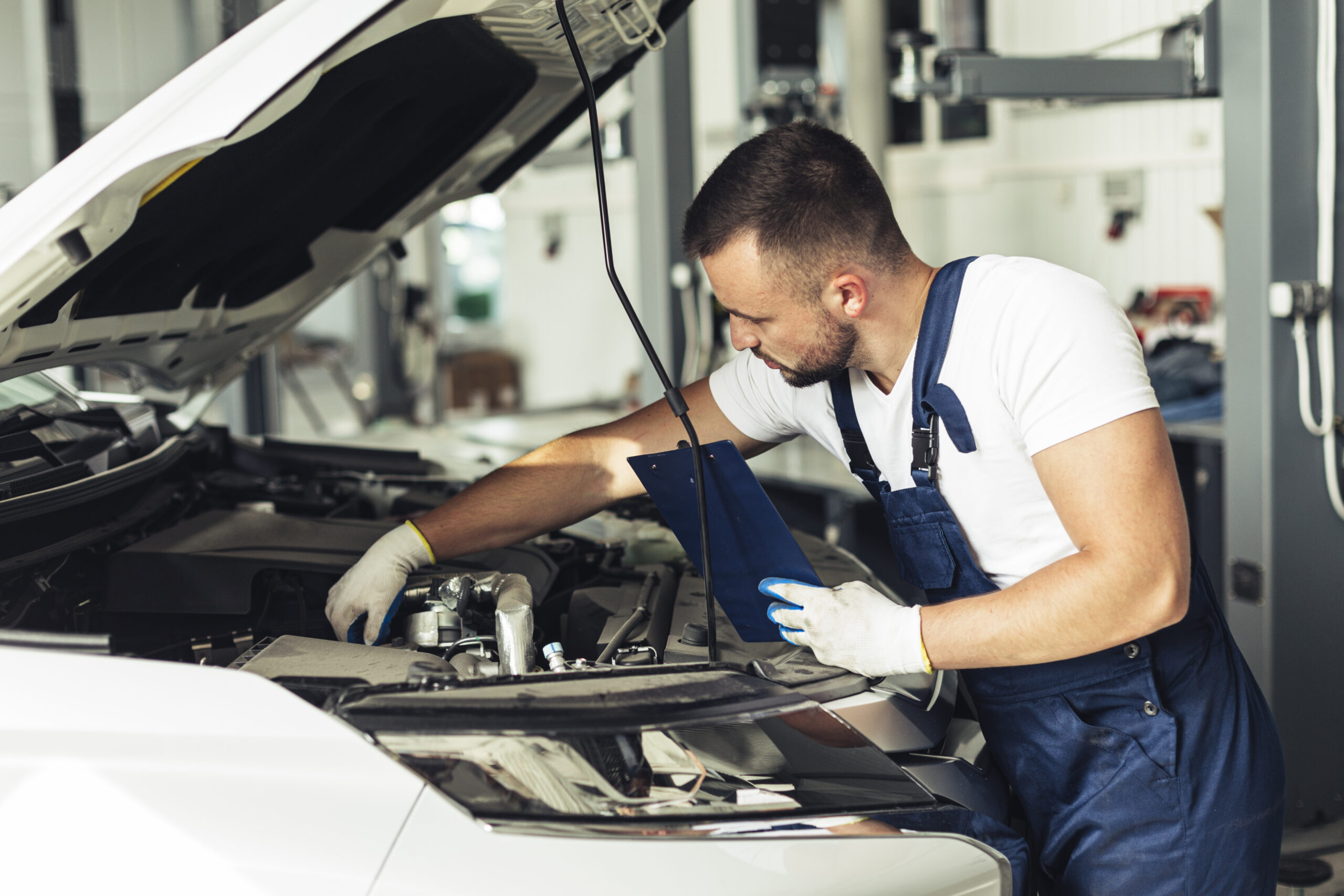All Categories
Featured
Your cars and truck is greater than just a method of transport-- it's a financial investment. Whether you drive daily or just occasionally, taking correct treatment of your vehicle can aid you avoid expensive repair services and guarantee it offers you well for years. By complying with these functional tips, you can prolong the life-span of your vehicle and maintain it running in leading problem.

- Follow the Maker's Maintenance Arrange. Every automobile comes with a proprietor's guidebook that outlines the recommended maintenance schedule. This includes oil changes, tire turnings, brake inspections, and a lot more.
Pay special focus to oil modifications, as engine oil lubes moving components and decreases friction. Disregarding this straightforward job can result in engine getting too hot and long-lasting damages.
- Maintain Your Fluids in Inspect. Fluids play an essential duty in your auto's performance, including coolant, transmission fluid, brake liquid, and power guiding liquid. Failing to check or change these liquids frequently can bring about mechanical issues and minimized effectiveness.
Make it a habit to examine fluid levels month-to-month and top them off if needed. If you discover any kind of leakages or unusual liquid levels, speak with a mechanic instantly to stop more damage.
- Maintain Appropriate Tire Care. Tires are necessary for both safety and gas performance. Driving on poorly inflated tires can cause uneven wear, reduce gas mileage, and enhance the risk of blowouts. Examine your tire stress consistently and guarantee it aligns with the producer's suggestions.

Furthermore, revolve your tires every 5,000 to 7,500 miles and look for signs of wear. Proper positioning and equilibrium are additionally essential for a smoother trip and prolonged tire life.
- Replace Worn Components promptly. Delaying the replacement of worn-out parts, such as brake pads, stimulate plugs, or air filters, can damage your automobile's efficiency. As an example, dirty air filters can minimize engine effectiveness, while worn brake pads can damage the blades.
Utilizing top notch substitute parts is similarly essential. Constantly choose parts that meet or surpass your car manufacturer's specs for much better durability and reliability.
- Drive Delicately. Your driving habits considerably impact the life expectancy of your automobile. Hostile driving, such as rapid velocity, difficult stopping, and doglegs, puts additional pressure on your engine, transmission, and brakes.
Instead, adopt a much more moderate driving design by speeding up and stopping efficiently. This not only decreases wear and tear yet additionally enhances fuel efficiency and general performance.
- Maintain Your Car Clean. Normal cleaning isn't nearly looks-- it's concerning safeguarding your automobile from unsafe components. Dust, gunk, and salt can corrode the body and undercarriage with time, resulting in corrosion.
Clean your auto on a regular basis, specifically during cold weather or after driving on salted roadways. Do not fail to remember to cleanse the interior too, as dust and debris can impact upholstery and air top quality. Using a layer of wax every couple of months can include a safety layer to your auto's paint and keep it looking like new.
- Shop Your Automobile Effectively. If you do not drive your auto often, appropriate storage is key to protecting against damage. Park in a garage or make use of a cars and truck cover to secure it from the components.
For long-term storage, think about using a battery maintainer to keep the battery charged and adding a fuel stabilizer to avoid the gas from going bad. Consistently starting the car or taking it for short drives can additionally aid keep all systems functioning.
- Don't Overlook Warning Lights. Modern autos are geared up with analysis systems that inform you to potential issues through dashboard warning lights. Whether it's the check engine light, oil stress light, or tire stress warning, overlooking these indications can bring about costly repairs or safety dangers.
If a caution light comes on, do not wait to resolve it. Have your auto evaluated by an expert technician to identify the cause and solve the concern immediately.
Conclusion: Care Today, Cost Savings Tomorrow. Keeping your auto running much longer is all regarding uniformity and focus to information. Routine upkeep, responsible driving, and addressing concerns early can save you cash and headaches down the line. Treat your vehicle like the financial investment it is, and you'll enjoy a smoother, much safer, and more reputable ride for many years ahead.
Latest Posts
Secure Your Financial Investment with Specialist Gutter Installment
Learn How to Reduce Expenses on Car Maintenance with Montclare Auto Repair’s Limited-Time Deals
Identifying When Your Car Needs Skilled Vehicle Service at Montclare Auto Repair
More
Latest Posts
Secure Your Financial Investment with Specialist Gutter Installment
Learn How to Reduce Expenses on Car Maintenance with Montclare Auto Repair’s Limited-Time Deals
Identifying When Your Car Needs Skilled Vehicle Service at Montclare Auto Repair